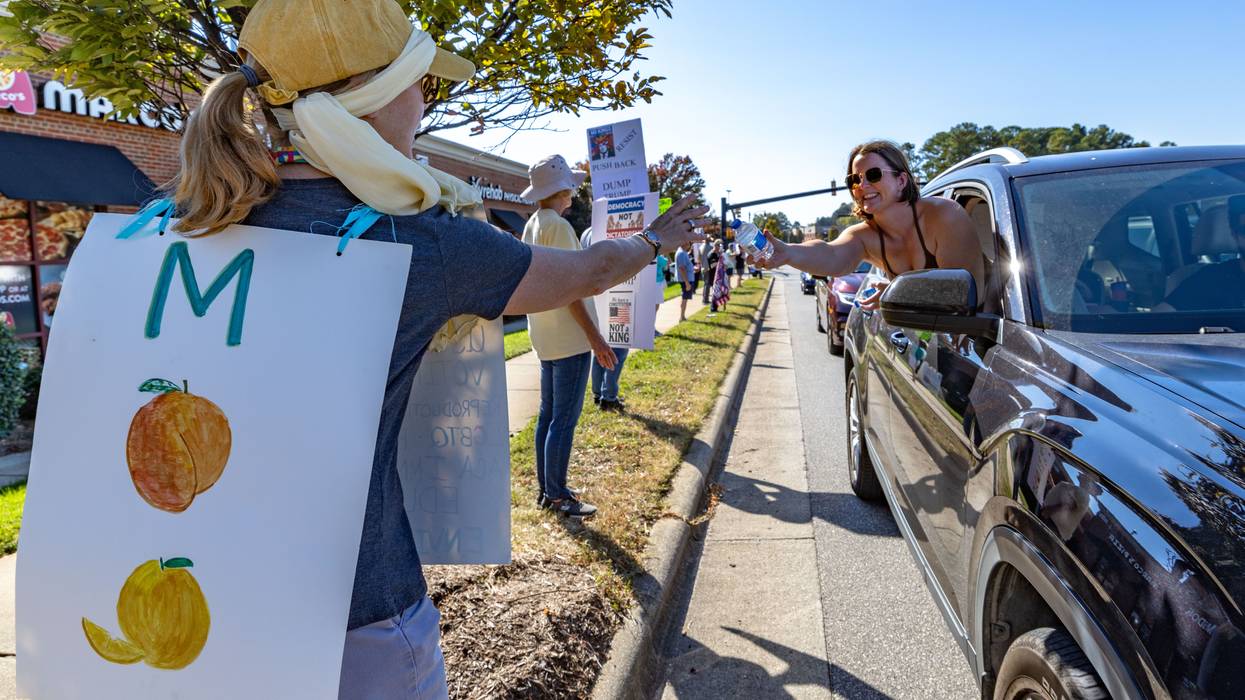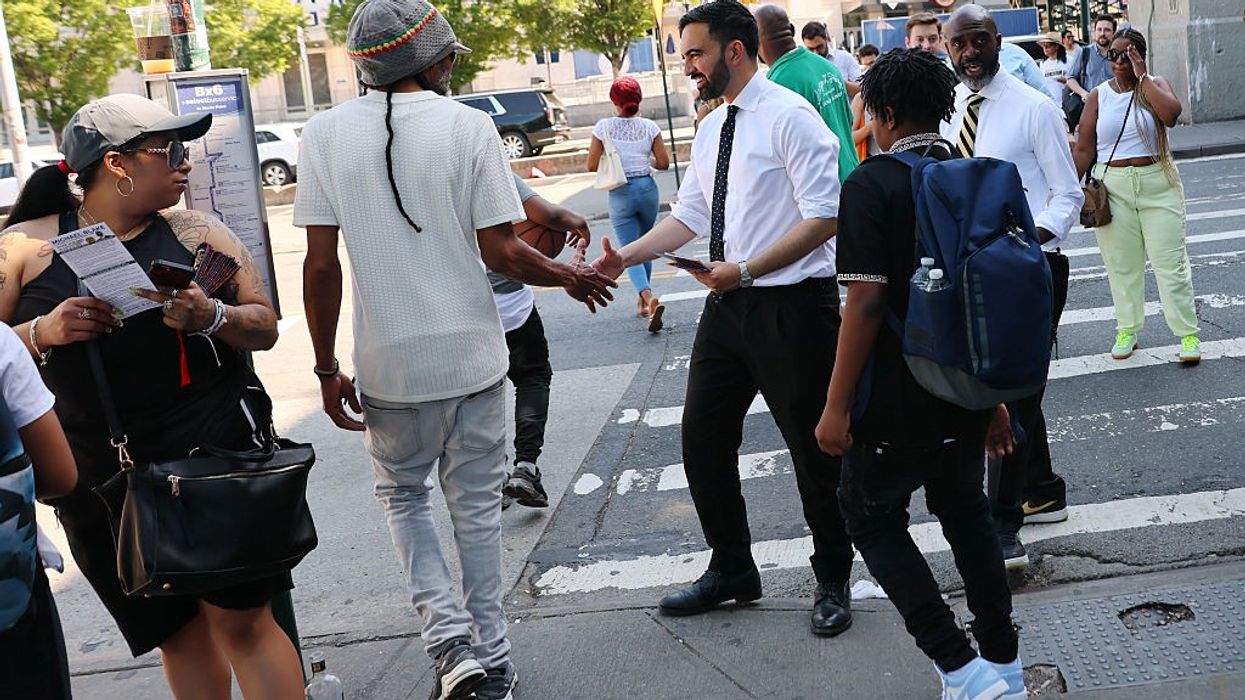Start Building the World You Want to Live in After Trump's Dark Age
As Trump demolishes the old and drives America toward a darker future, the Democrats’ instinct has been to grieve, resist, and dream of restoration. But restoration may be the wrong goal.
President Donald Trump recently followed through on his threat to use the federal government shutdown as an occasion to fire government workers on a mass scale.
Shutdowns are temporary, yet the effects of this one seem likely to be permanent. It’s a kind of limbo, a foretaste of the old government being phased out, but with little clue what might replace it.
Such things have happened before in history.
While imprisoned in 1930 for opposing Mussolini’s fascism, the Italian philosopher Antonio Gramsci famously wrote, “The old is dying and the new cannot be born; in this interregnum a great variety of morbid symptoms appear.” L.S. Stavrianos’ 1976 book The Promise of the Coming Dark Age now seems dated, but raises a provocative question for our time: Can something new and better evolve from these dark times?
We need to envision a positive future with equal and ample opportunities for everyone to realize their full potential.
As Trump demolishes the old and drives America toward a darker future, the Democrats’ instinct has been to grieve, resist, and dream of restoration. But restoration may be the wrong goal. That’s the rueful lesson Polish democrats are drawing from Poland’s shift back toward authoritarianism.
Even if Democrats’ dream scenario—retaking the House in 2026 and the Senate and presidency in 2028—comes true, the world we knew isn’t coming back. What the Trump administration has destroyed—for example, dismissing 1,300 State Department employees in 20 minutes—may take 20 years to rebuild.
Then there are the nightmare scenarios. Republicans might rig future elections. Trump could consolidate an increasingly repressive police state.
Either way, we face a prolonged dark age. Surviving it will require more than a diet of “resistance”—we also need hope. We need to envision a positive future with equal and ample opportunities for everyone to realize their full potential.
There are practical steps in this direction that communities can take starting now. Neither left nor right, such actions would help bridge partisan divides and hedge against national systems that may soon start failing. They could include:
Greater localism. We could start shifting from full-throttle globalization toward more diversified, sustainable, and self-reliant local economies.
Trump’s tariffs disrupt the world economic order via top-down fiat, without offering any path out of the ensuing chaos. We need the opposite: bottom-up strategies to buffer communities against market turbulence and repression.
Reinvigorated localism could also enable communities to supplement whatever remains of the national safety net by reviving traditions of mutual aid.
Stronger, smaller democracy. More localized economies could lay the groundwork for more decentralized, egalitarian, and participatory governance, empowering communities to shape their own destinies.
Face-to-face community. We could step back from our screen-saturated lives to rebuild in-person ties. American communities are increasingly siloed. We could foster healthy pluralism by creating more opportunities to build personal connections across differences.
Soulful work. What if we built a more enriching job market?
We could shift work toward “caring, craft, and cultural” occupations. We could focus automation, robotics, and AI on reducing dangerous and mind-numbing work, and on lowering the cost of strategic essentials like solar collectors and medicines. And we should resist allowing AI to displace people from fulfilling work.
Ideas like these once seemed fringe or utopian. But as our democracy morphs into corrupt oligarchy or outright fascism, they may soon become deeply practical—even imperative.
Fully realizing them would eventually require matching changes at the national and global levels. But communities don’t have to wait—they can start now, working with resources locally at hand.
We need to recognize that something profound has shifted and a new epoch is coming. But instead of abandoning hope, this transitional period is the time to envision and begin building the world we want to inhabit on the other side.


